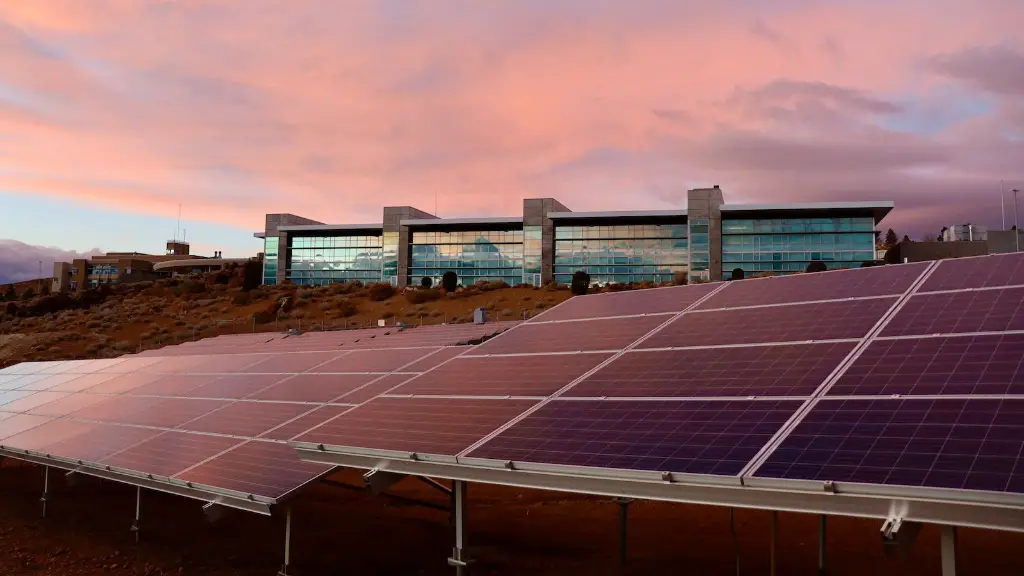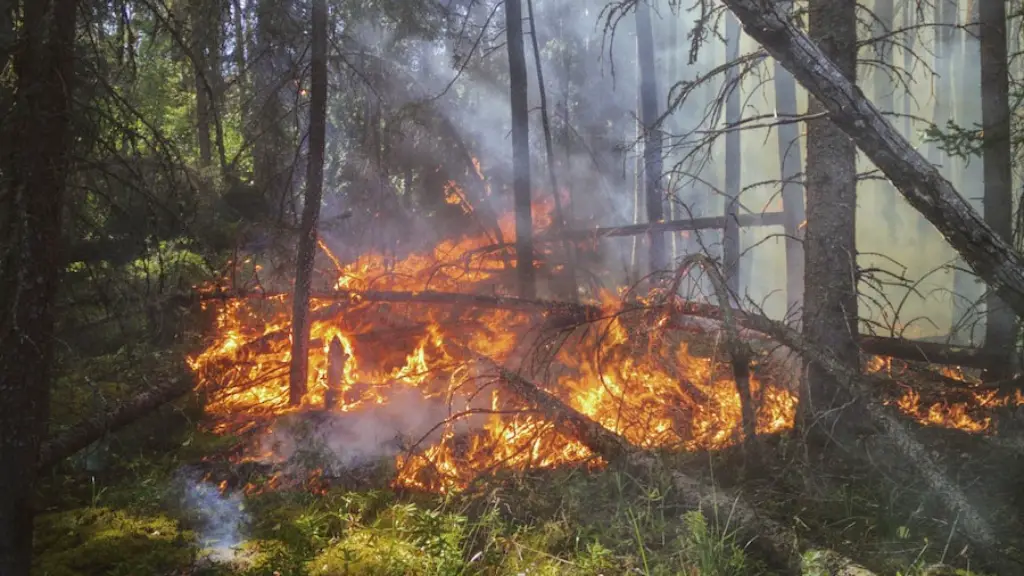In the past few decades, environmental scientists have warned of a looming crisis in global climate change. In response, many regions have enacted regulations to reduce greenhouse gas emissions in attempts to combat this phenomenon. However, these efforts may come too late for some, as the effects of global warming are already being felt all around the world.
Global warming is the result of increased greenhouse gas emissions that trap heat from the sun within the earth’s atmosphere. This leads to higher temperatures and affects climate patterns around the globe. The problem of global warming is exacerbated by the fact that its effects are cumulative and irreversible.
The effects of global warming can be felt in both the natural world and amongst humans. As temperatures increase, the range of species able to thrive in certain habitats decreases, resulting in a loss of biodiversity. In addition, warmer temperatures can lead to more extreme weather events, such as more violent storms, floods, and droughts. These extreme weather events can disrupt local economies and the food supply, leading to large-scale displacement, poverty, and even death.
Furthermore, global warming has a direct impact on human health. An increase in air and water temperatures leads to a rise in air pollution, and as a result, higher rates of respiratory and cardiovascular illness. Heat waves and humidity can also be dangerous for the elderly and other vulnerable populations, as they are more prone to heat stroke, and other heat-related illnesses.
The potential impact of global warming is further compounded by rising sea levels. With more carbon dioxide in the atmosphere, glaciers and polar icecaps are melting faster, leading to a rise in sea levels. This threatens the lives of coastal communities, as well as animals and plants that rely on shallow coastal habitats. Rising sea levels have already been linked to an increase in displacement and loss of arable land, which can have an economic and social impact on suffered communities.
Global warming also has significant economic and political implications. Economic activities such as agriculture, for example, are threatened, as warmer temperatures and changing patterns of precipitation can have destructive effects on crop yields. This could lead to higher food prices and greater economic inequality between countries. Political unrest could further escalate as nations and citizens struggle with the consequences of global warming.
Moreover, global warming is causing unprecedented climate moments already. Recent reports warn that the earth’s temerature is on the verge of surpassing a 1.5 degree Celsius increase, i.e., the 1.5-degree target set out in the Paris Agreement. If this occurs, communities around the world will be at risk of experiencing more catastrophic weather events, rising sea levels, crop losses and more.
In light of this reality, we must consider the measures we can take to help offset global warming. We can start by reducing our carbon footprints – for example, by reducing our energy usage and using renewable energy sources. Countries must also implement stricter regulations on industrial emissions and other sources of carbon pollution to reduce greenhouse gas levels. Finally, individuals, communities and governments must work together in order to support those affected by global warming now and in the future.
The threat of global warming is real and it is happening now. Our environment is in peril and action must be taken – now. We can no longer afford to ignore this crucial issue for another day. The time for decisive action is now.


